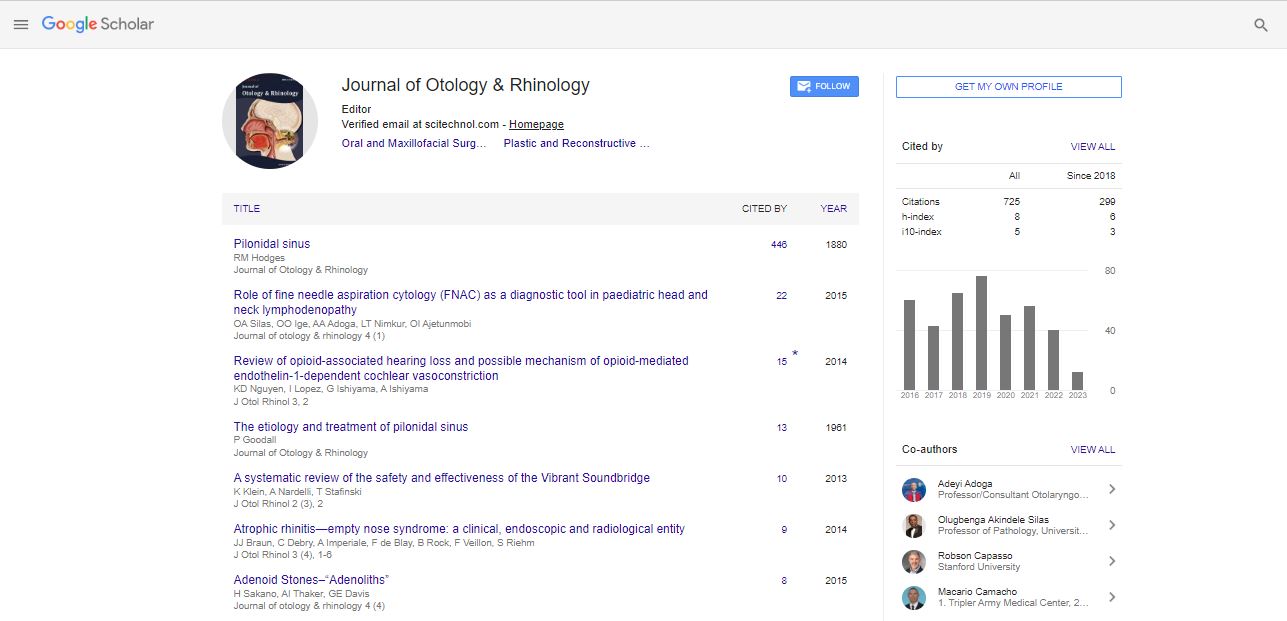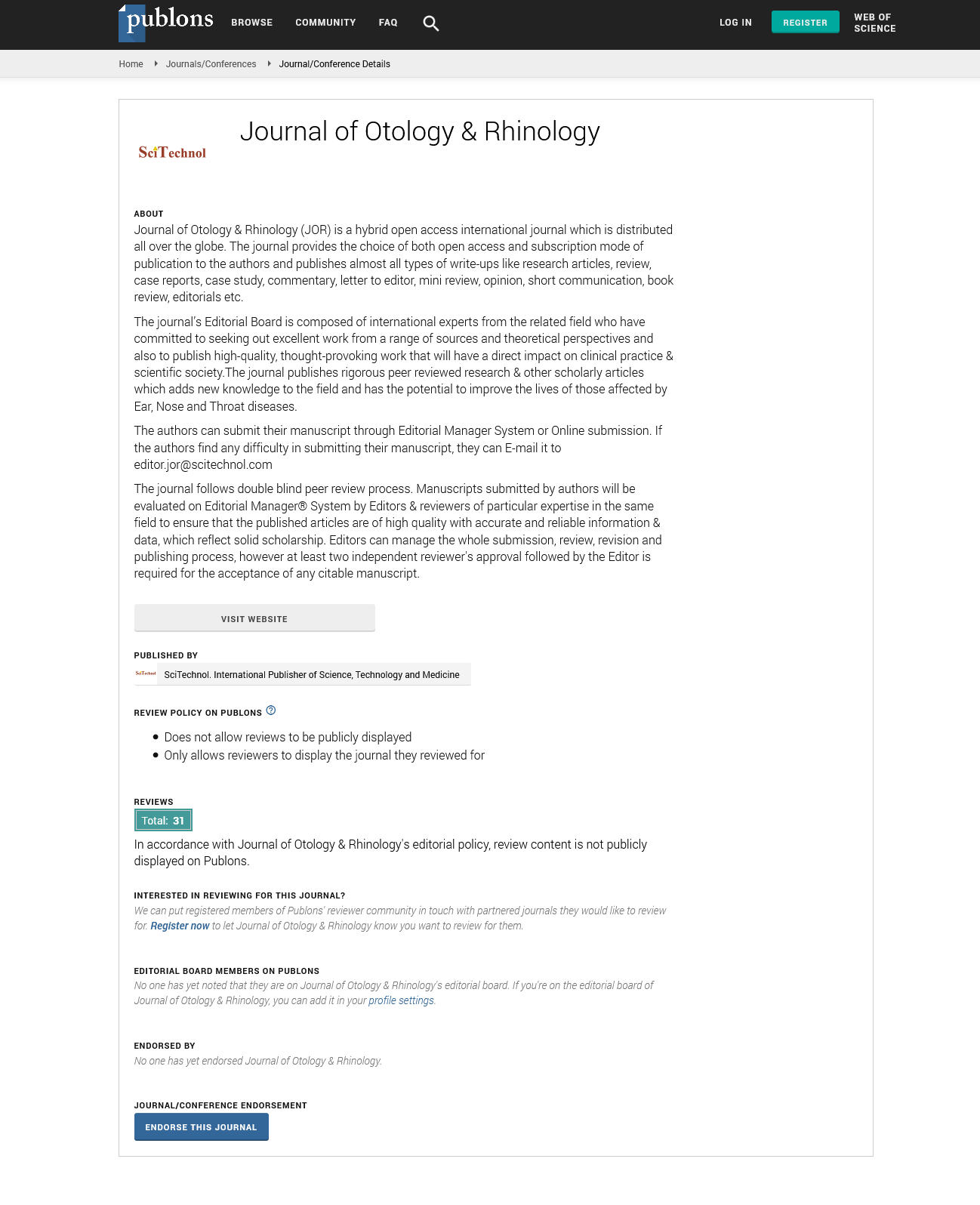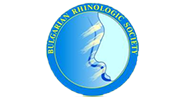Treatment of Graves disease and incidental lingual thyroid with transoral robotic surgery
Jeremy Goh
Medical Officer in Tan Tock Seng Hospital, Singapore
: J Otol Rhinol
Abstract
Up to 75% of patients with lingual thyroid have no normally located thyroid tissue and the ectopic lingual thyroid is the only functional tissue present. As a result, hypothyroidism occurs in up to 70% of patients with lingual thyroid, especially during periods of physiological stress. Hyperthyroidism in patients with lingual thyroid is exceedingly rare and has only been reported in a handful of case reports. Enlarged lingual thyroids may cause dyspnea, dysphagia, dysphonia, globus sensation or obstructive sleep apnea. Due to its location which makes achieving adequate surgical exposure challenging, traditional removal of the lingual thyroid is via open approach which is associated with high morbidity and postoperative complications. Transoral robotic surgery (TORS) is an emerging surgical option which offers a minimally invasive approach with improved view of surgical field and tissue manipulation. We present a unique case of a 69-year-old patient diagnosed with Graves’ disease who was incidentally found to have a hyperfunctioning lingual thyroid that was successfully treated with TORS.
Biography
Jeremy Goh is presently working at Medical Officer in Tan Tock Seng Hospital, Singapore. He completed his MBBS in Singapore and MRCS in Edinburg Scotland.
E-mail: jeremy.goh@mohh.com.sg
 Spanish
Spanish  Chinese
Chinese  Russian
Russian  German
German  French
French  Japanese
Japanese  Portuguese
Portuguese  Hindi
Hindi 


